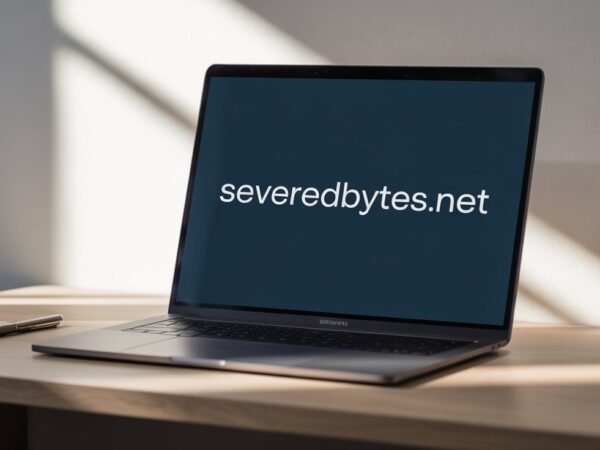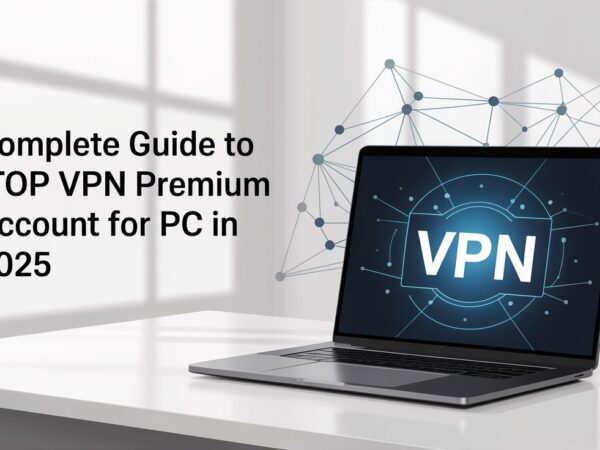Digital Legacy: Managing Your Online Presence After Death

In today’s digital age, leaving a legacy has expanded beyond physical belongings and traditional memories. With more people than ever interacting, sharing, and creating content online, managing one’s digital legacy after death has become a crucial aspect of end-of-life planning. A digital legacy includes everything from social media profiles and email accounts to digital assets like photos and videos.
With so much of our lives tied to the digital world, planning for what happens to this data after we pass away is important. Here’s a guide to help you manage your online presence and ensure your digital footprint is handled according to your wishes.
What Is a Digital Legacy?
A digital legacy is the collection of digital assets and information that a person leaves behind when they die. This can include:
- Social media accounts (Facebook, Twitter, Instagram, etc.)
- Email accounts (Gmail, Outlook, Yahoo)
- Photos and videos stored on cloud services (Google Photos, iCloud, Dropbox)
- Online banking accounts
- Blogs, websites, and digital content you’ve created
- Subscription services like Netflix, Spotify, or Amazon Prime
Managing these accounts and assets requires careful consideration, as some may hold sentimental or financial value, while others may need to be deleted or memorialized.
The Importance of a Digital Legacy Plan
Just as it’s common to create a will or establish cremation plans, making a digital legacy plan ensures that your online assets are handled according to your wishes. Without a plan, loved ones may struggle to access important accounts, and some platforms may automatically delete your accounts due to inactivity.
A well-organized digital legacy plan can:
- Prevent identity theft: Protecting your digital identity posthumously is crucial to avoid hacking or misusing your information.
- Ease the burden on family members: Instead of your family scrambling to figure out how to access your accounts, a plan provides clear instructions for managing your digital presence.
- Memorialize your online life: Decide how you want your online profiles handled—whether you want them deleted, archived, or turned into memorial pages for friends and family to visit.
Steps to Manage Your Digital Legacy
Here are some practical steps to manage your digital presence and ensure it’s handled properly after you pass away:
Create a Digital Asset Inventory
Start by making a list of all your online accounts and digital assets. Include:
- Social media profiles
- Email accounts
- Online banking or investment accounts
- Subscriptions
- Cloud storage services
- Digital wallets
For each account, note the username, password, and security questions. However, for security reasons, don’t store this list unprotected. Instead, you can use a password manager to securely store your account details and share access with a trusted individual.
Appoint a Digital Executor
A digital executor is someone you trust to manage your digital legacy after you die. This person will fulfil your wishes regarding your online accounts and digital assets. Be sure to specify this role in your will or other legal documents.
Choosing someone who is tech-savvy and comfortable handling digital matters is crucial. Discuss your wishes with them, such as which accounts you’d like deleted, which ones should be memorialized, and any specific instructions for digital assets with financial value.
Memorializing or Deleting Social Media Accounts
Many social media platforms now offer the option to memorialize accounts. This keeps the account active but indicates that the person has passed away. It allows friends and family to share memories while preventing any unwanted changes to the account.
Here’s how major platforms handle posthumous accounts:
- Facebook: You can designate a legacy contact to manage your account after death. This person can write a pinned post, update your profile picture, and approve friend requests.
- Instagram: Accounts can be memorialized or removed entirely.
- Twitter: Twitter does not offer memorialization but allows a family member to deactivate the account.
- Google: Google’s Inactive Account Manager lets you set up a plan for your data if your account becomes inactive for a certain period.
Consider what you want to happen to your accounts—whether you want them deleted or kept active as a memorial space—and make those wishes clear in your digital legacy plan.
Managing Digital Assets with Financial Value
Your digital legacy plan should include detailed instructions for accessing and managing these assets. Ensure your executor has the necessary knowledge and access to handle them.
Use Digital Estate Planning Tools
Several tools are now available to help you plan for your digital legacy. Some allow you to store all your account details securely and give access to a trusted person upon death. These tools often allow you to leave specific instructions on managing each account.
Popular options include:
- Everplans: A comprehensive digital estate planning tool where you can store important information, including funeral plans, digital assets, and online accounts.
- Google’s Inactive Account Manager: Allows you to specify what happens to your Google accounts (including Gmail, Google Photos, and YouTube) after a set period of inactivity.
Legal Considerations for Your Digital Legacy
While a digital legacy plan is essential, the legal landscape around digital assets is still evolving. Consult an attorney to include your digital legacy in your estate plan and ensure your wishes are legally enforceable. Some states have laws governing how digital assets are handled after death, so getting professional advice is crucial.
Conclusion
Managing your online presence after death is as important as planning for physical assets in an increasingly digital world. You can leave behind a well-managed digital footprint by creating a digital legacy plan, appointing a digital executor, and ensuring that your wishes for memorialization or deletion of accounts are clear. Whether incorporating cremation plans into your broader estate planning or simply managing your online accounts, these steps will provide peace of mind for you and your loved ones.
Do Read: Exploring the Mysteries and Features of Unclearaqua.site







